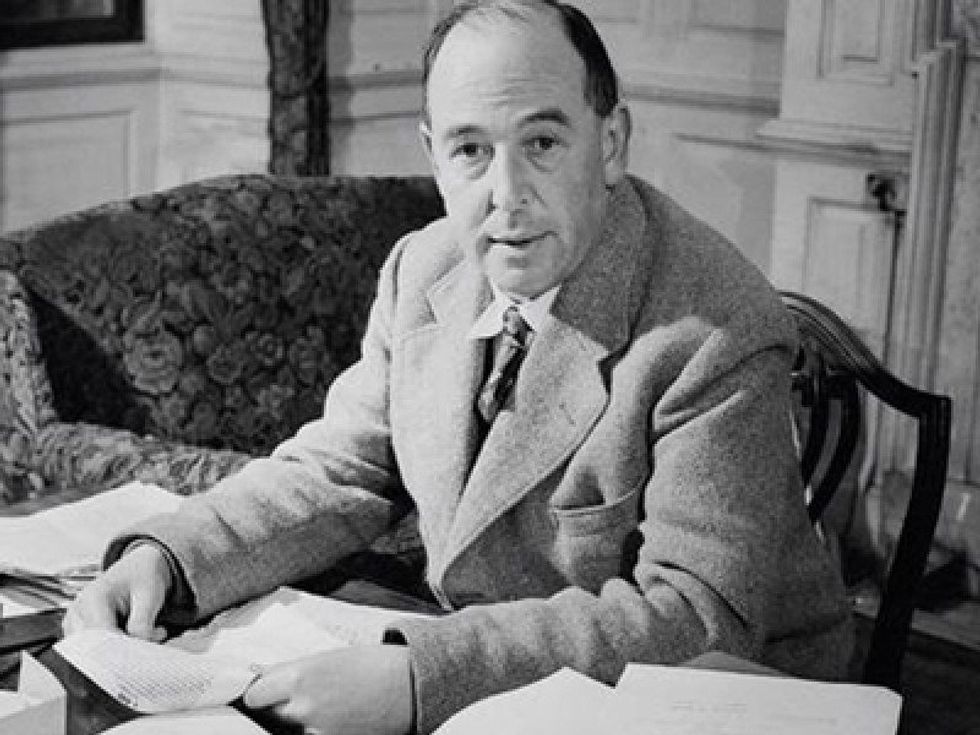During my first semester at Concordia, I took a class on C.S. Lewis. Since then, Lewis has become one of my favorite authors. As a child I had read "The Chronicles of Narnia," but I had not heard of any other books from Lewis. It was during my class that I learned of his other books and many of the different ideas that he wrote about. One of these was the supposal.
When reading Lewis's books, it is easy to read his work as an allegory. An allegory is a symbolic narrative where the entire narrative represents something else entirely. My favorite example of an allegory is "Animal Farm" by George Orwell. Each event that occurs in "Animal Farm" can be directly related to events during the Russian Revolution in 1917.
Many of Lewis's books seem to be allegorical in nature. For example, Aslan's death and rebirth in "The Lion, the Witch, and the Wardrobe" can easily be seen as an allegory for Christ. In fact, throughout "The Chronicles of Narnia," there are many places where Aslan appears to be an allegory for Christ, such as when he took the form of a lamb at the end of "The Voyage of the Dawn Treader." Another example of an apparent allegory is in "A Horse and His Boy." This book is often considered an allegory or a retelling of "The Prince and the Pauper."
However, while all these may appear to be allegories, Lewis would argue otherwise. Lewis calls these books supposals.
A supposal, by Lewis's definition, is a narrative that is not symbolic, but rather starts by the author supposing something. For example, Aslan should not be considered an allegory for Christ in "The Lion, the Witch, and the Wardrobe." Rather, Lewis says, suppose that God manifested himself in another world. He then asks how his would look. The answer is Aslan.
Another example would be Lewis's book "Out of the Silent Planet." This book involves a character named Ransom who is forced into space travel to Mars. At the same time, this book also critiques the evils of humans by comparing them to the different life forms on Mars. There may be several different ways to view this as a supposal. Suppose there was life on Mars; how would this look? Suppose someone could travel to Mars; what would happen? These are all possible ways that this book could be a supposal.
Overall, I enjoy the idea of the supposal. This is because when someone reads a narrative as an allegory, they read it as containing only one meaning. Essentially, an allegory is only meant to carry that meaning or moral. A supposal is much more open-ended. Yes it may be read to contain a meaning, such as "Out of the Silent Planet" criticizes the evil of human ways. However, the supposal is not meant to be read for a meaning or moral, but for enjoyment.




















